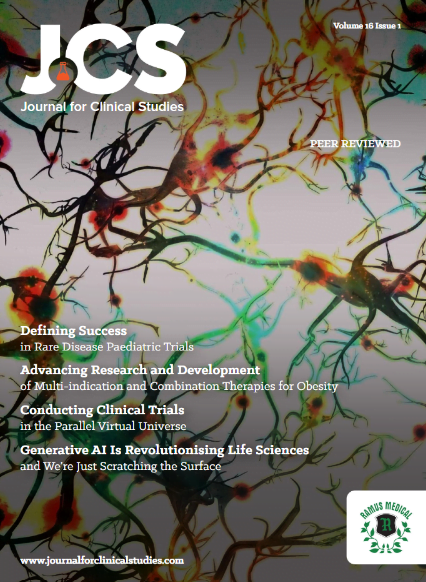Eslicarbazepine acetate was shown not to have a significant negative consequence on attention, information processing and working memory; in addition it was shown to be efficacious and generally well tolerated.
Study 208 data presented at the 12th European Paediatric Neurology Society (EPNS) Congress in Lyon, France.
Porto, Portugal | Hatfield, UK | Bial and Eisai today announced data from a Phase II study which showed that treatment with Zebinix (eslicarbazepine acetate) had no significant negative impact on attention, information processing and working memory in children aged 6-16 years old with focal-onset epilepsy. It is well-documented that some anti-epileptic drugs (AEDs) may contribute to negative effects on cognition in epilepsy, underscoring the importance of this clinically meaningful data. Data will be presented today in an oral presentation at the EPNS Congress in Lyon, France.
Study 208 is a randomised Phase II trial evaluating the effect of adjunctive eslicarbazepine acetate (n=83) on Power of Attention in children aged 6-16 years old with refractory focal onset epilepsy versus placebo (n=40). Eslicarbazepine acetate also demonstrated no statistically significant difference for secondary endpoints including continuity of attention, quality of working memory and speed of memory at the end of Part I.
Childhood and adolescence are critical times for learning and development, explains Ann Connolly, Registered Advanced Nurse Practitioner Epilepsy (Childhood), National Children’s Hospital, Adelaide and Meath Hospital, Dublin, Ireland. These findings may indicate that eslicarbazepine acetate has no significant negative consequence on the neurocognitive capability of children. This is important as the treatment may help support normal learning and schooling, which will stand these children in good stead for the future.
For the overall age group there were no significant Power of Attention differences in Part I between eslicarbazepine acetate and placebo, with a Least Square mean difference of 33.2 milliseconds (95% CI: -137.6, 204.0; p=0.700). Power of Attention was defined as the sum of the reaction time measures from the attentional tasks (simple reaction time [dominant hand only], choice reaction time and digit vigilance speed. Overall incidence in study 208 of treatment emergent adverse events (TEAEs) was similar (45% for ESL and 48% for placebo). The most frequently reported TEAEs with eslicarbazepine acetate treatment were headache, somnolence and vomiting.
A major treatment goal for neurologists managing childhood epilepsy is to achieve seizure freedom with minimal or no adverse effects, of which neurocognition is an important consideration. Few clinical trials have examined the cognitive effects of AEDs in childhood epilepsy so this new data is reassuring and supports the use of eslicarbazepine acetate in these difficult-to-treat patients, commented Professor Stephane Auvin, Professor of Epilepsy & Child Neurology at the University Denis Diderot, member of the Paediatric Commission of ILAE and board member of the French Paediatric Neurology Society Paris, France.
Approximately 10.5m children and adolescents worldwide are estimated to have active epilepsy. Children with epilepsy may suffer from cognitive impairment and have impaired ability to learn. Epilepsy may have a significant impact on a child?s quality of life, academic achievement and psychosocial outcomes in later life.
Eslicarbazepine acetate is indicated in Europe as adjunctive therapy in adults, adolescents and children aged above 6 years, with partial-onset seizures with or without secondary generalisation. Eslicarbazepine acetate is also indicated in Europe as a monotherapy in the treatment of partial-onset seizures, with or without secondary generalisation, in adults with newly diagnosed epilepsy.
The continued development of eslicarbazepine acetate underscores Bial’s and Eisai’s commitment to developing and delivering highly beneficial new treatments to help improve the lives of people with epilepsy.
Journal For Clinical Studies has a distinguished editorial advisory board providing the best guidelines for global clinical trials. Your resource for Multisite Studies and emerging markets.
Journal For Clinical Studies © 2024, All Rights Reserved – Powered by Teksyte















